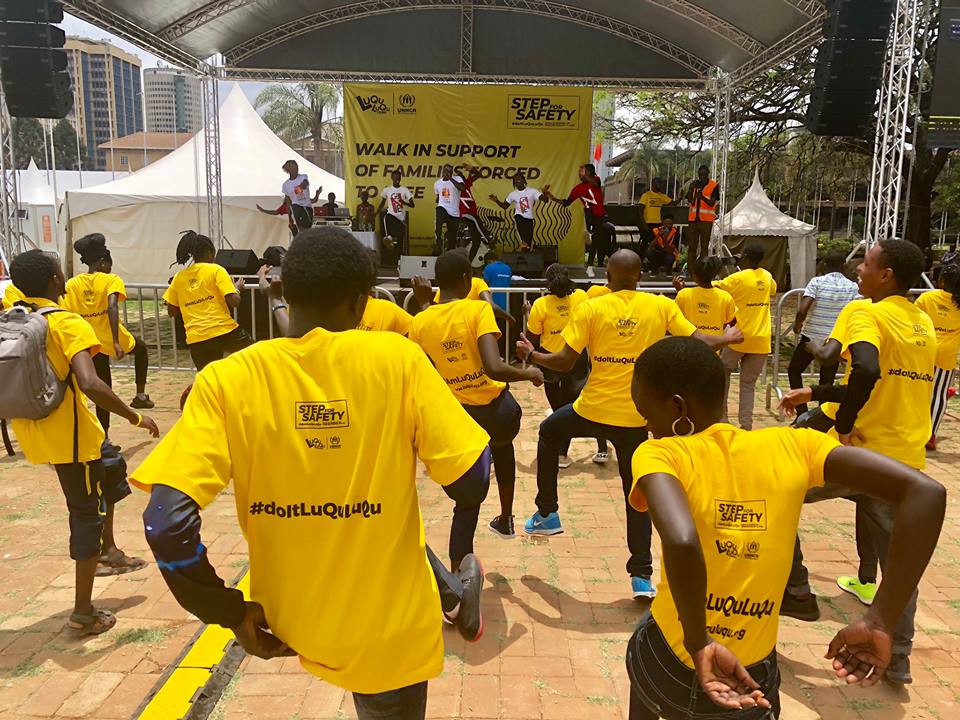UN calls for integration of refugees as a protection strategy


By Fauxile Kibet
The United Nations (UN) has challenged countries hosting refugees to integrate the displaced people in the host countries as a way of enhancing refugee protection and also to enhance development to the benefit of the host population.
Raouf Mazou, United Nations High Commissioner for Refugees (UNHCR) representative in Kenya, who spoke in Nairobi Sunday said that Kenya, which hosts thousands of refugees from troubled countries in the region stands to gain a lot from over 24,000 refugees currently living in Dadaab and Kakuma refugee camps if the policy of integration was adopted.
“What we have seen as a result of studies conducted by the World Bank and other organizations is that it is much better for the economy if Kenya embraces an inclusive policy for refugees,” Mazou said during the Step for Safety walk, which is an initiative of UNHCR’s LuQuLuQu campaign.
The campaign was initiated by the humanitarian organization as a way of raising awareness on funding for refugees besides encouraging host communities to adopt closer working relations with refugees.
Mazou argued that restriction of refugees in camps means that donors’ funds can only be used for refugees and could lead to resentment by the host population who may perceive that refugees receive more assistance than them.
He said that total funding to the refugees in Kenya from UN agencies and other partners is estimated at between 200 million to 300 million U.S. dollars annually.
He further revealed that the international comprehensive refugee response framework which was adopted by the UN General Assembly in 2016 encourages member states to implement a new approach to refugee protection and assistance including the policy of inclusion.
While a majority of refugees live in Dadaab and kakuma camps, approximately 50,000 others reside in cities across the East African nation according to the United Nations.
The United Nations also says that there are around 470,000 asylum seekers currently in Kenya, majority of whom are from Somalia.
“The overall number of refugees hosted in Kenya has been on the decline due to the voluntary repatriation of Somali refugees to their home of origin. However, the country is still receiving refugees mostly from South Sudan on a daily basis,” he noted.
Step for Safety
On Sunday, Kenyans joined hundreds of refugees from 13 African countries in a walk dubbed “Step for Safety” which was aimed at highlighting the dire living conditions of populations displaced by conflict and natural calamities across the continent.
The walk, which was organised by the UNHCR also seeks to harness Africa’s tradition of hospitality and brotherhood to provide safety for the vulnerable groups like refugees.
“The ‘Step for Safety’ walk is another way Kenyans will show solidarity with refugees who take long, difficult steps to secure their safety every day while supporting the empowerment of refugees themselves. This is the spirit of the LuQuLuQu initiative,” said Mazou.